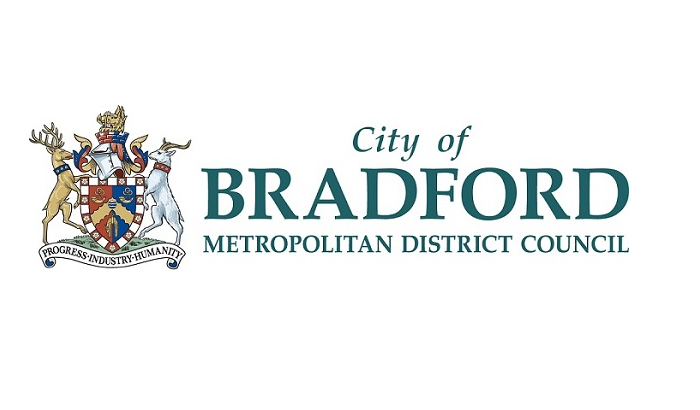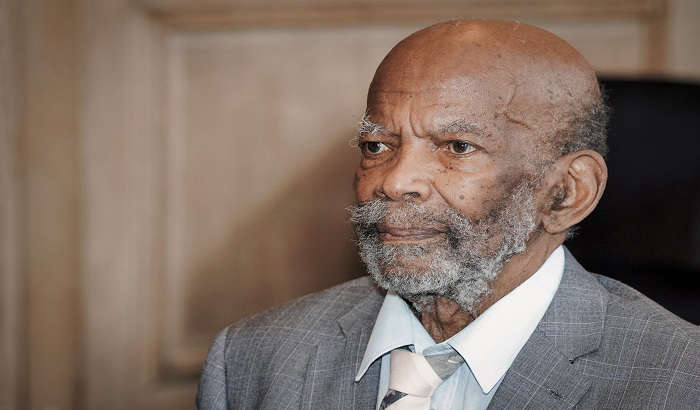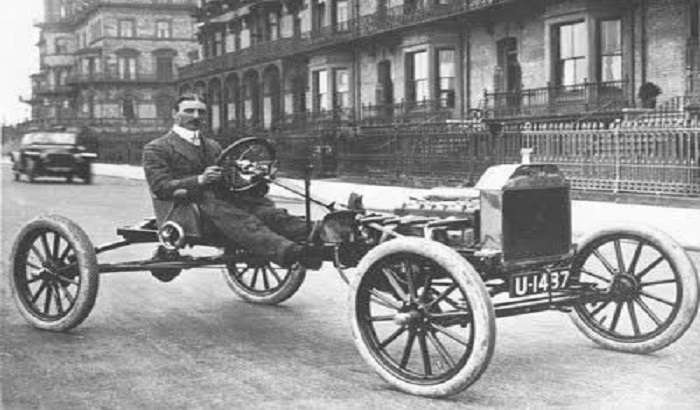
A new report claims that Bradford is one of the 10 cities were jobs are most at risk from automation.
The study from The Centre for Social Justice (CSJ) says the same towns in the North and the Midlands that were worst hit by the loss of industry are most at risk of a second surge in unemployment triggered by robots taking over skilled and semi-skilled jobs.
CSJ calls for urgent action with enterprise zones featuring tax breaks and financial support for firms being created in the 10 towns most as risk of accelerating economic decline.
Andy Cook, chief executive of the CSJ, commented: “Parts of the UK are trapped in a cycle of deprivation that is only set to get worse as the jobs market changes.
“Automation will bring huge positives to the UK economy as a whole, including a much-needed boost to productivity, but not everyone will benefit equally.
“To allow the residents of these ‘left behind’ towns to seize the opportunities in the future jobs market, they need a policy blueprint that provides better transport links, better teachers in schools, better housing and dynamic local leadership to raise aspirations and create opportunities.
“In cities such as Manchester, the effect of strong leadership is clear. Manchester’s revival as a hub for marketing, technology, design and other professional services is in large part down to the powerful leadership of the joint leaders of the city council. It now attracts the second largest amount of foreign direct investment for a city in the UK after London. Tees Valley is also a case study of an area being turned around by its newly created Mayor installed in the Combined Authority.
“We need to a raft of new measures to bring around a regional revolution. Power must be put in the hands of accountable local leaders, such as the metro mayors, who know where resources would be best used.
“Turning around the ‘rustbelt’ region is not only important to the country as a whole if we are to compete internationally; it’s vital to improving the lives of those who suffer the injustice of being born where opportunity is lacking.”

 Appeal Following Road Traffic Collision, Great Horton Road, Bradford
Appeal Following Road Traffic Collision, Great Horton Road, Bradford
 Bradford Man Jailed For Child Sexual Offences
Bradford Man Jailed For Child Sexual Offences
 Appeal After Burglary
Appeal After Burglary
 Have your say and help to build stronger communities in Calderdale
Have your say and help to build stronger communities in Calderdale
 Bradford to mark the 80th anniversary of D-Day
Bradford to mark the 80th anniversary of D-Day
 City presents Windrush pioneer with prestigious Leeds Award
City presents Windrush pioneer with prestigious Leeds Award
 More Than 10,000 Arrests Made By Team Dedicated To Reducing Violent Crime
More Than 10,000 Arrests Made By Team Dedicated To Reducing Violent Crime
 Plate expectations as historic registration could be up for sale
Plate expectations as historic registration could be up for sale
 Calderdale: Celebrating over 350 years of service at Council
Calderdale: Celebrating over 350 years of service at Council
 Activists who caused £100,000 worth of damage sentenced
Activists who caused £100,000 worth of damage sentenced
 Appeal Following Collision and Death of Man in Otley, Leeds
Appeal Following Collision and Death of Man in Otley, Leeds
 The Golden Era
The Golden Era
 Remix Saturdays
Remix Saturdays
 Bhangra Nights
Bhangra Nights
 Alim OnAir
Alim OnAir